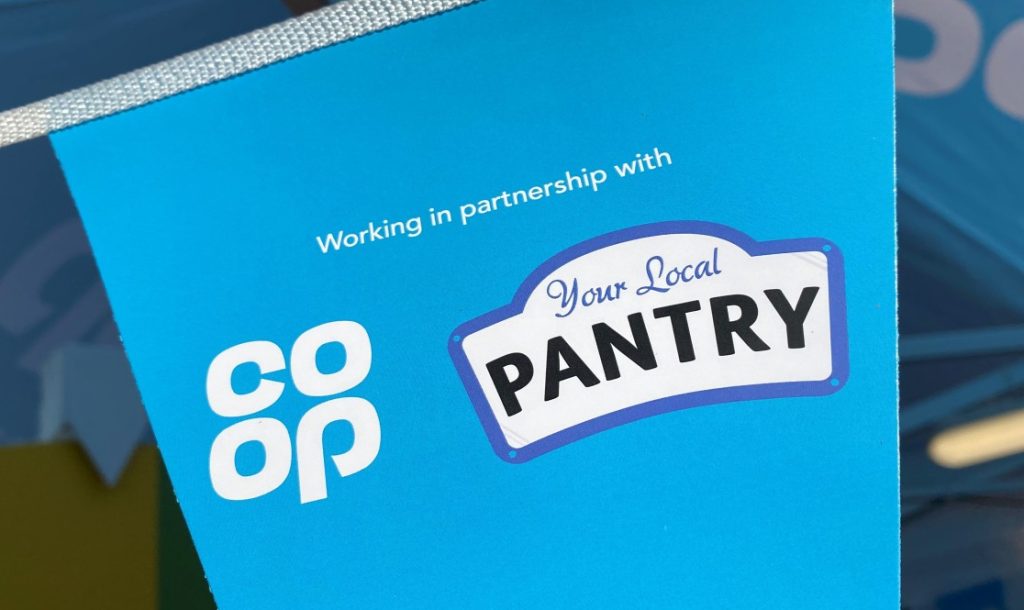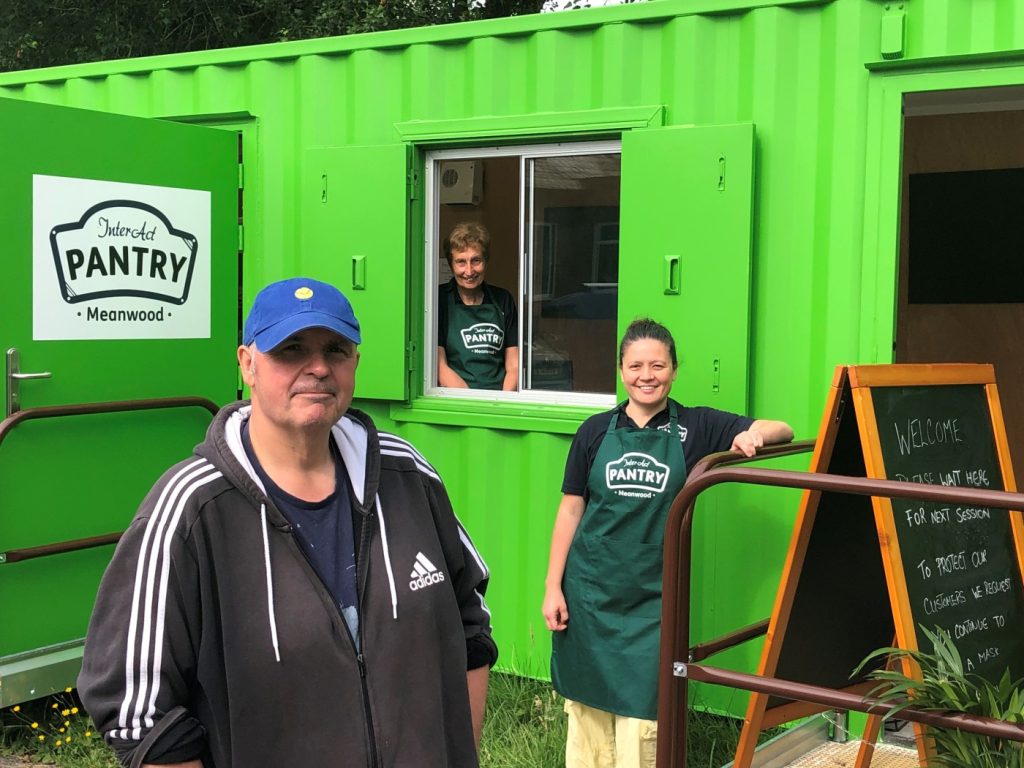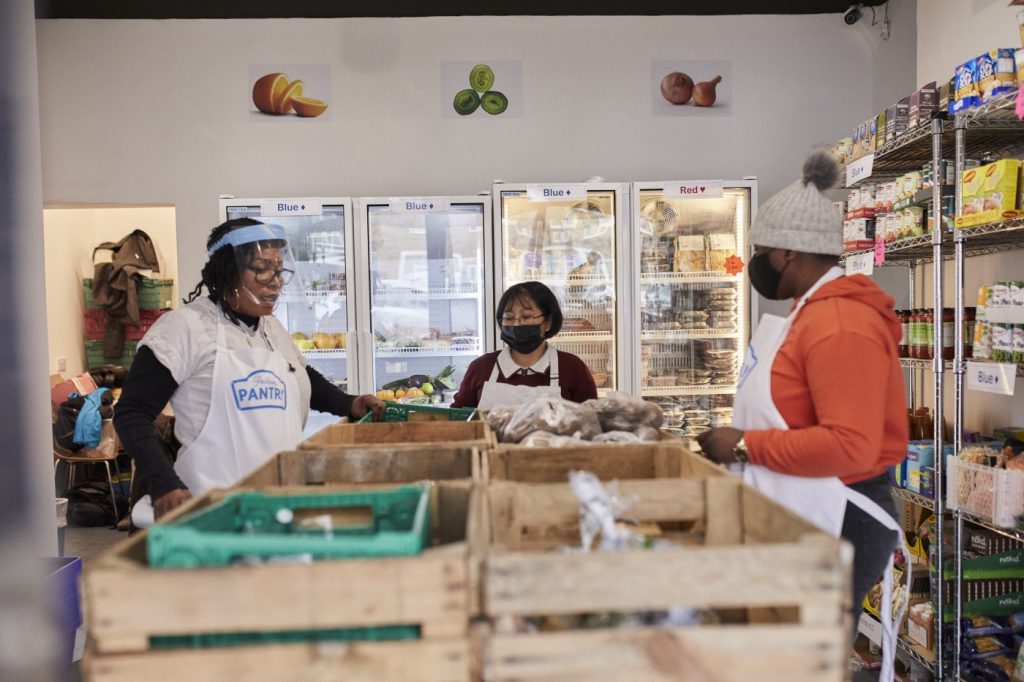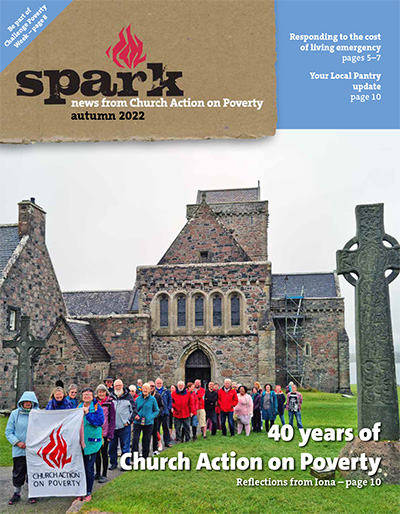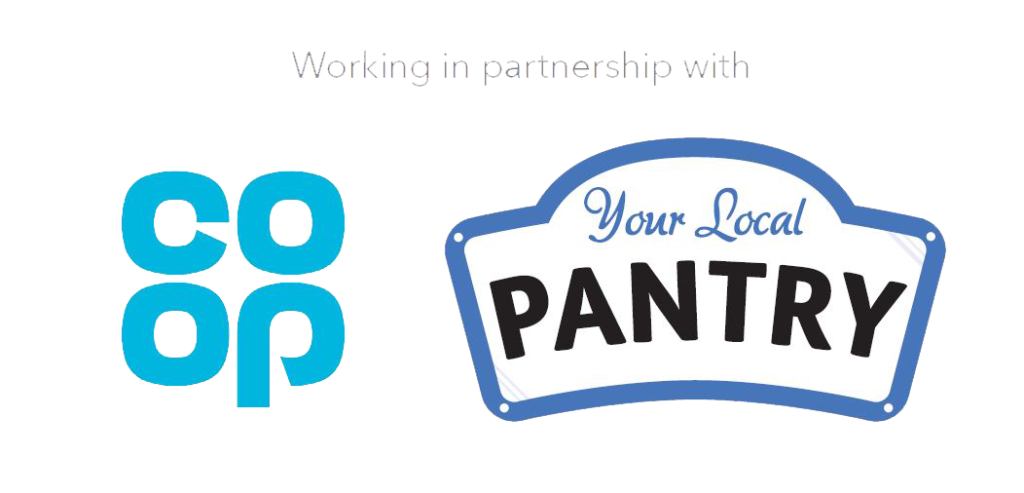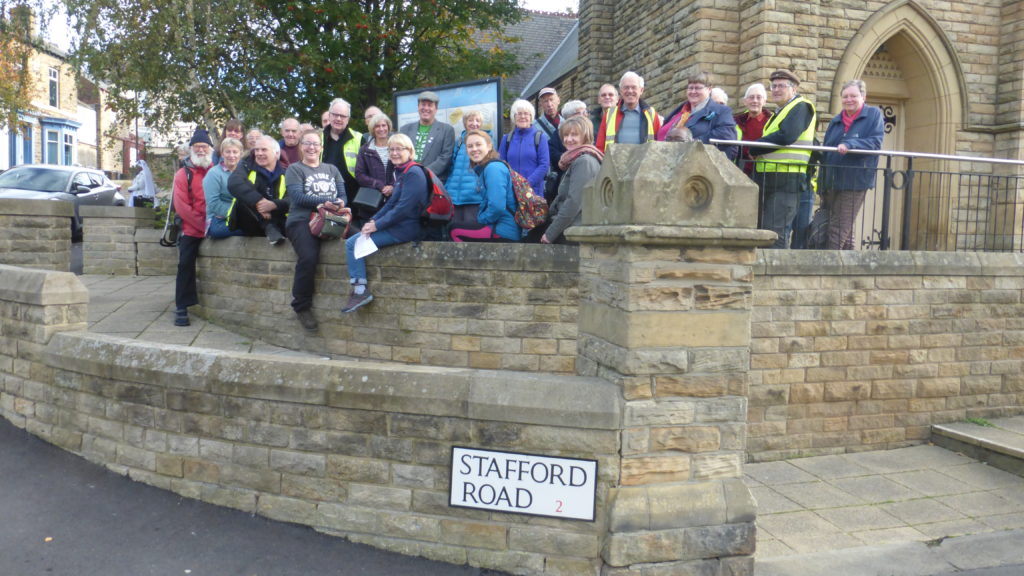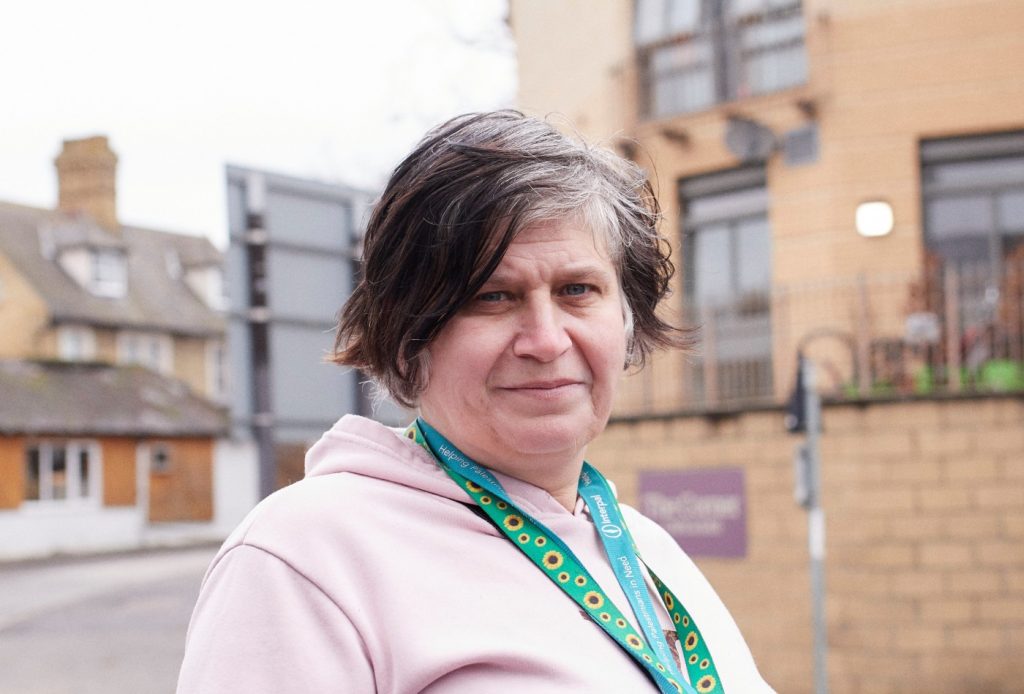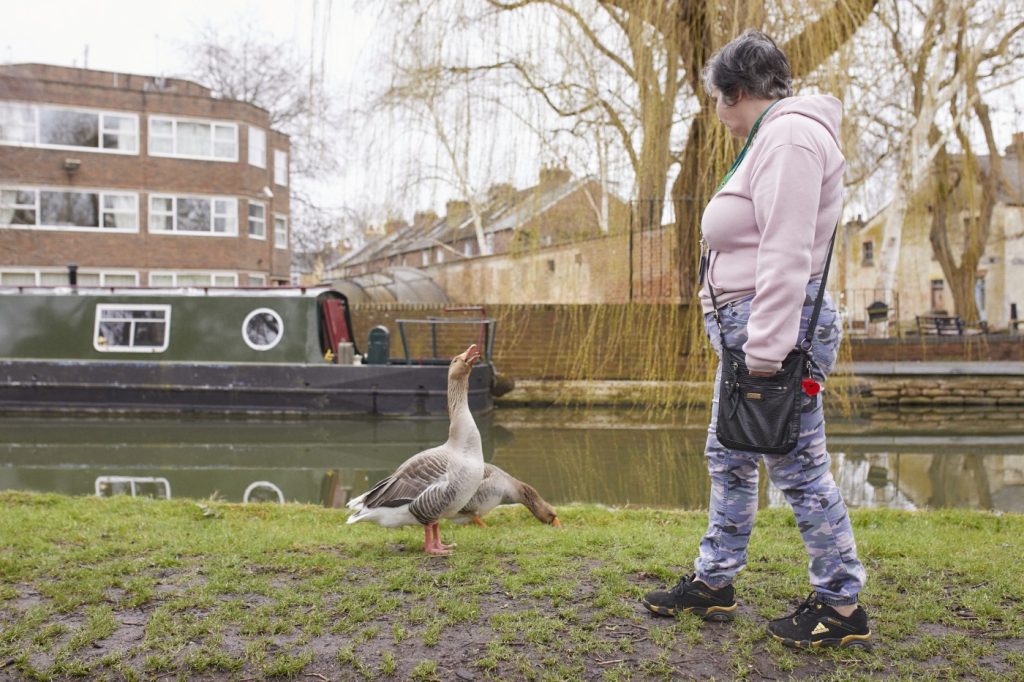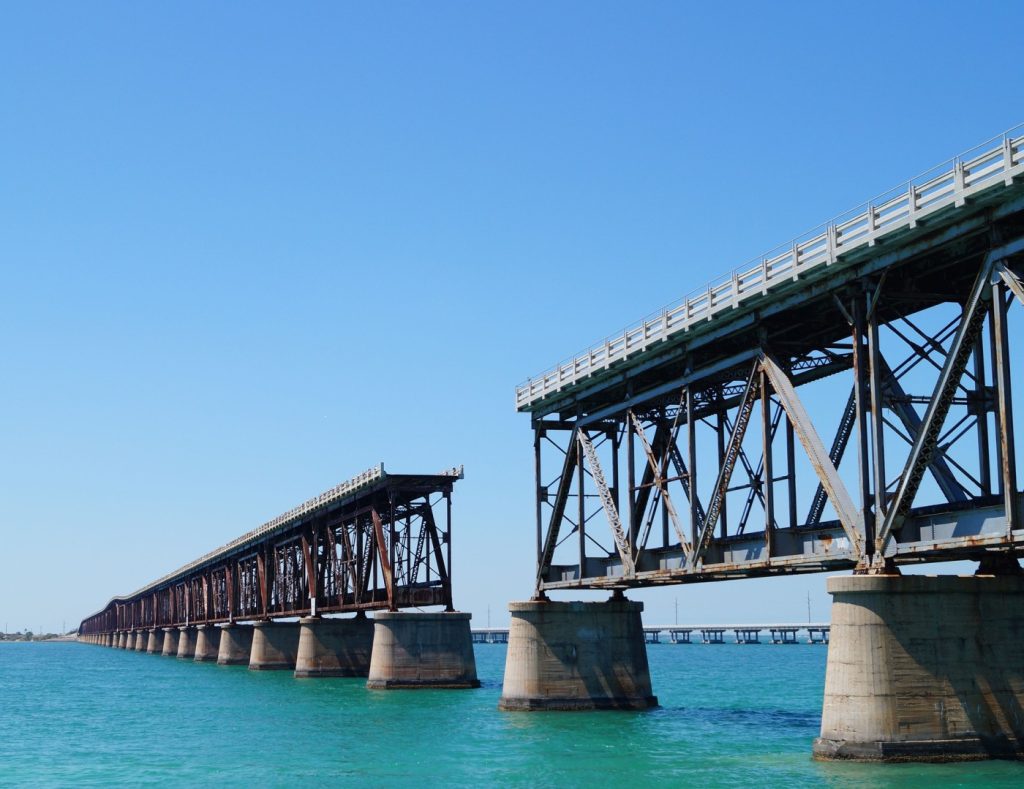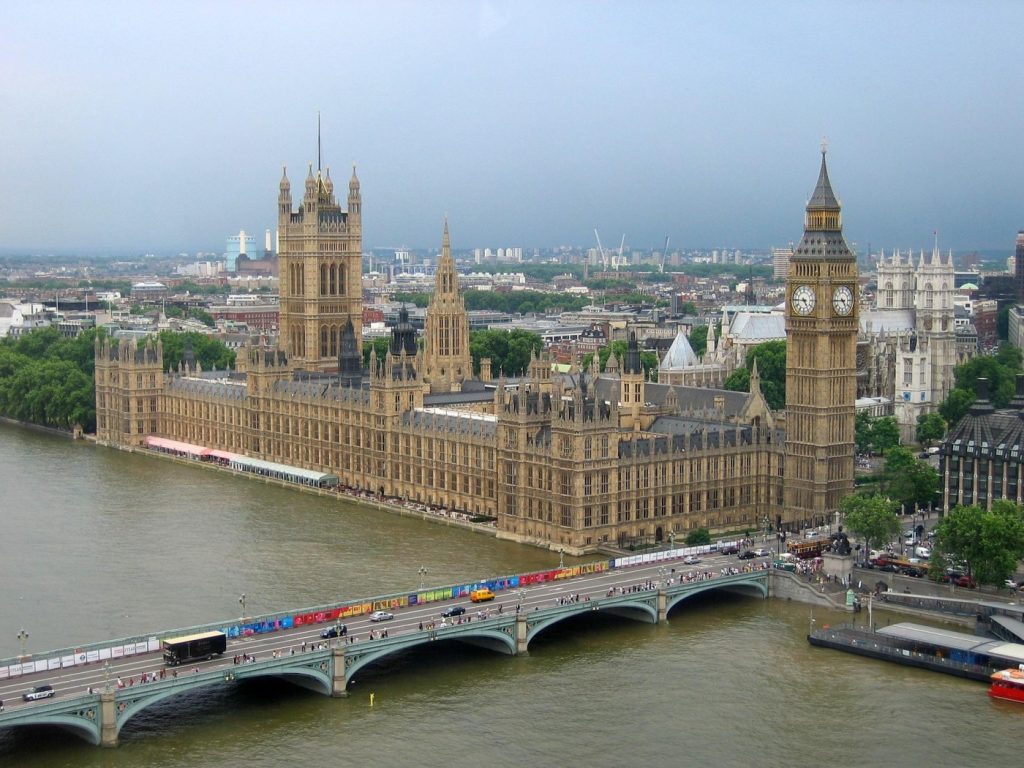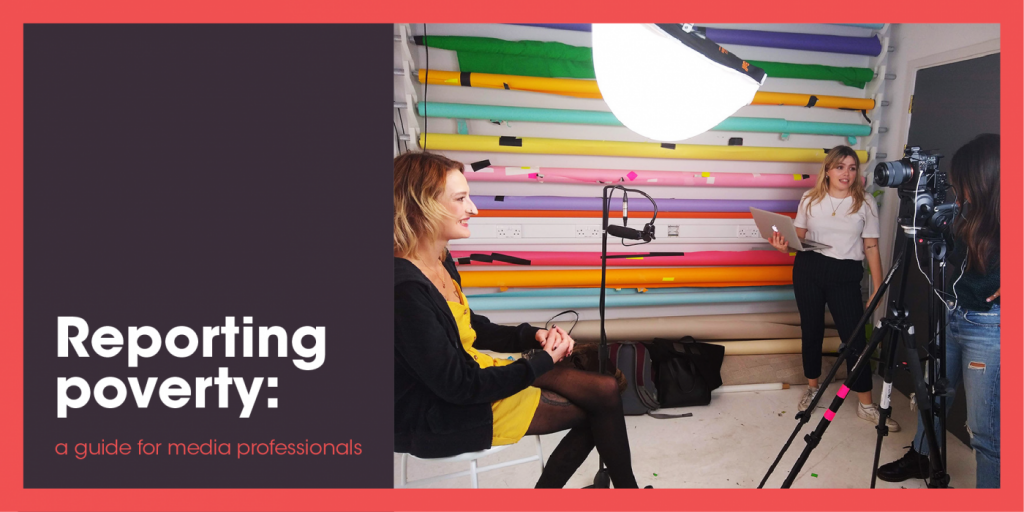Sheffield’s Poor Need their own Commission and Bigger Slice of the Pie
Sheffield's Poor Need their own Commission and a Bigger Slice of the Pie
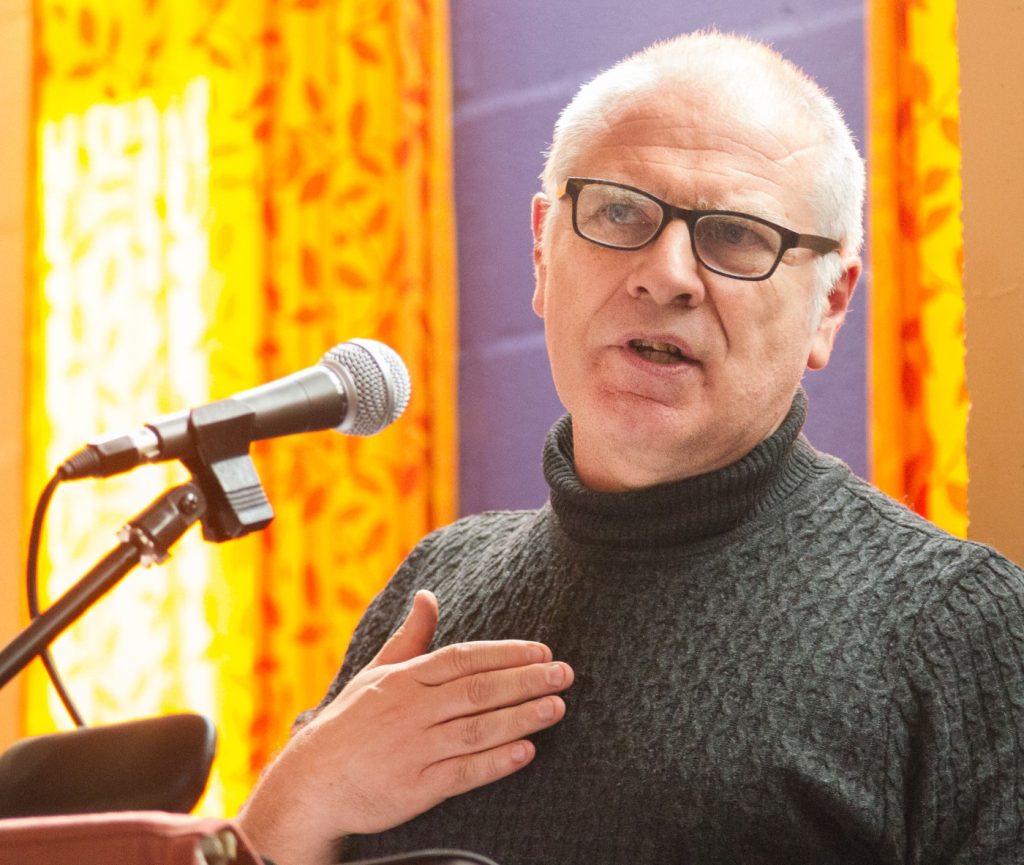
A conference focusing on the cost of living crisis has heard calls for Sheffield to give the poor a voice of their own by setting up a Poverty Truth Commission.
The calls came from community worker and Methodist lay minister Nick Waterfield, speaking at a conference in the city to mark the 40th anniversary of the founding of the national ecumenical Christian social justice charity Church Action on Poverty (CAP).
Setting up a Poverty Truth Commission for Sheffield was long overdue, said Mr Waterfield. It would give those affected by poverty a voice in changing policies so that they would gain direct benefits.
Mr Waterfield went on to call for higher wages and benefits for the worst off and echoed demands from Gill Furniss, Labour MP for Brightside and Hillsborough, who told the conference the Government should act to end the need for food banks.
Gill Furniss praised the work that food banks were doing, but added: “Food banks shouldn’t be there in an economy that is as wealthy as ours.”
Mr Waterfield said he was angry to still be running a food aid store after 12 years.
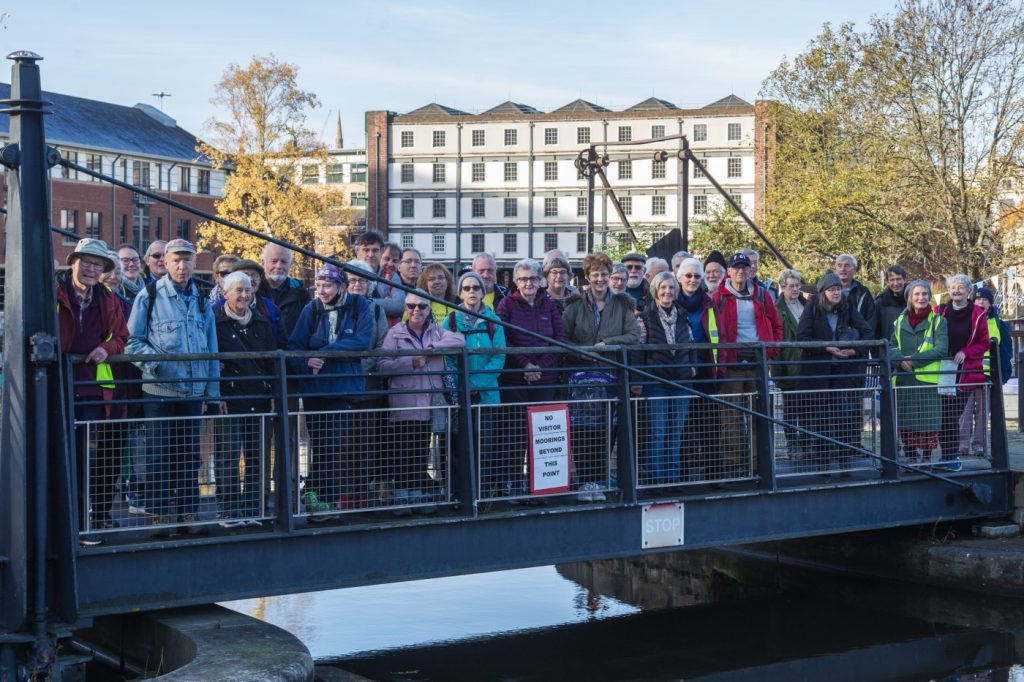
“I was told in 2010 there would be five years of austerity and 12 years later I am still doing it,” Mr Waterfield told the conference.
“We need to be saying the solution is more money in people’s pockets – and not through tax cuts. That’s not what I am talking about. I’m talking about real
money. I am talking about wages. I am talking about benefit levels.”
Mr Waterfield angrily dismissed soon to be ex-Prime Minister Liz Truss’ assertion that the way out of the cost of living crisis was to grow the nation’s economic ‘pie.’
“Do you remember how we were meant to be going to grow the pie and if we grow the pie we’ll all be better off because as we grow the pie your slice will be
bigger?” Mr Waterfield asked.
“They are wrong to say it is about the size of the pie. They are absolutely wrong
because, quite frankly we can’t actually afford to grow some of the pie, because of climate change, So where does that leave people? Well it leaves
people saying: We need a bigger slice.”
“It’s about redistributing the wealth from people who have far too much to even know what to do with and to put that back into the hands of not just individuals,
but into communities, into our public services, into our health service, into
our education.”
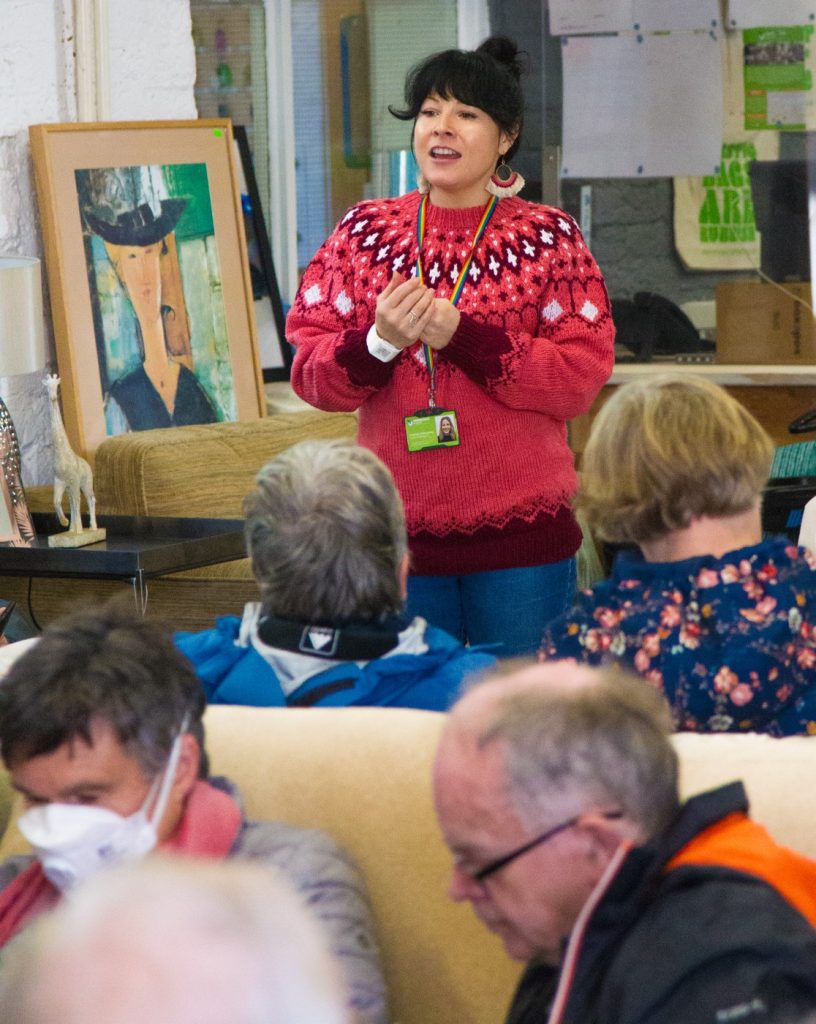
Earlier in the conference, responding to questions, Gill Furniss said conditions in her Brightside and Hillsborough constituency had worsened in recent years.
“Things have most definitely got worse in the last five years,” she said.
“I grew up on Parson Cross, I went to Chaucer School, we never had a great deal of money when I was a child but we all got by and now there is dire poverty and there has been for a long time.
“Since I was elected six and a half years ago, we have handled 27,000 individual cases for people who needed us in some shape or form – not all poverty, other issues as well, but issues that they didn’t feel they could deal with on their own.”
“It does break your heart sometimes to see how some individuals have to lead their lives. It is totally unacceptable that, in this day and age, there is any poverty at all. There shouldn’t be any; we are the fifth largest economy in the world,” she said.

Be part of a movement that’s reclaiming dignity, agency and power

